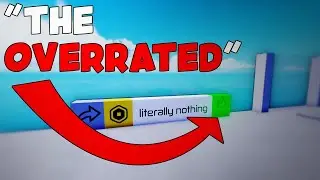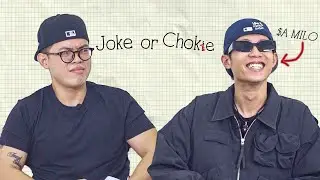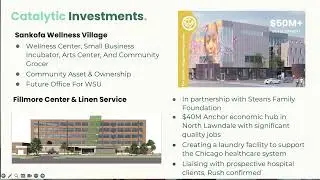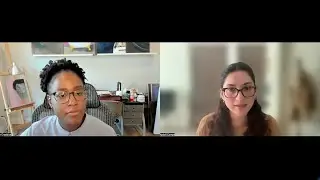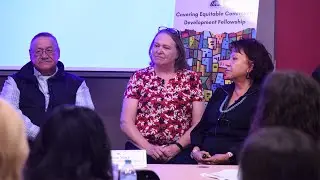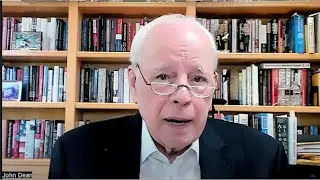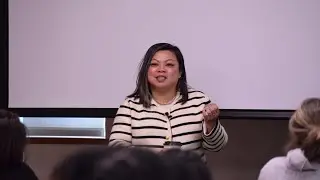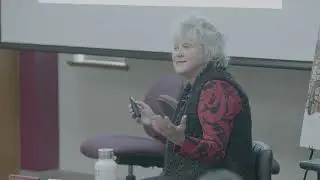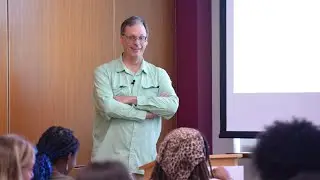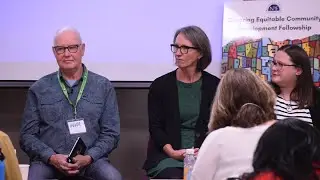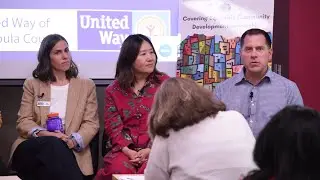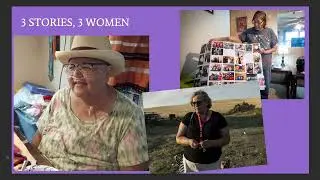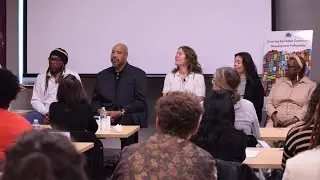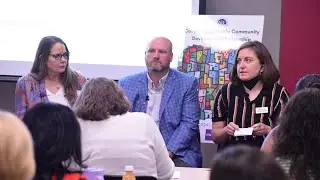CNN Hero and Local Reporter: It Comes Down to Trust
Day Eagle Hope Project: Working with Underserved Communities on Health
Tescha Hawley, founder of the Day Eagle Hope Project, and Nora Mabie who reports on Indigenous tribes for five newspapers, share lessons.
by Samantha Hooley, National Press Foundation
For journalists, a central part of reporting on health equity in communities lies in identifying the individuals and organizations that fill in the gaps that policy and philanthropy don’t cover.
Journalist Nora Mabie covers Indigenous communities for five Lee Enterprise newspapers in Montana: The Billings Gazette, the Missoulian, the Helena Independent Record, the Montana Standard and Ravalli Republic. She’s won grants from the Annenberg Center for Health Journalism and from the American Press Institute to support long-term projects on health equity and voter engagement in tribal communities. She also regularly crafts and circulates engagement tools, including surveys, social media callouts and polls as her way of reaching diverse sources.
Mabie spoke with NPF Community Development fellows on October 9th about her “Gone Too Soon” reporting project, which stemmed from a 2013 report which found that Native Americans in Montana die 20 years earlier than their white counterparts. Mabie wanted to see if those statistics had changed 10 years later, and her reporting connected her with Tescha Hawley, the founder of the Day Eagle Hope Project and one of CNN’s 2023 Top 10 Heroes. Hawley was honored for her efforts to support people battling a cancer diagnosis in underserved communities, after her own breast cancer diagnosis left her struggling to navigate the health care system. Hawley joined Mabie to advise journalists about how to amplify community efforts to respond to urgent health needs.
5 Takeaways:
1. When working with communities, make it more of a partnership
When covering underserved communities, Mabie suggests working with the community to really figure out what the issues are, because they know best.
“I think it’s so important to get the news from the community, people telling me, ‘this is what I want to see,'” Mabie said.
Hawley also encourages journalists to talk to neighborhood leaders and advocates, not necessarily politicians.
“The people that are doing the work, they’re coming with compassion and they’re coming with passion, and that’s where the true stories lie,” Hawley said.
2. Keep a solutions focus
Another way journalists can better amplify health equity concerns is by keeping a solutions focus, Mabie said. She described how when she was completing her project, the natural focus was on people such as Hawley who juggle multiple challenges constantly.
“A comment I got, is oftentimes journalists will come in and think they discovered this problem … And really, Tescha lives and works in this every day,” Mabie said.
3. Language matters
Mabie referenced a survey she sent out for her project, which made her realize that language is extremely important when asking a community questions. Many people misinterpreted her question which led to her not getting information she was looking for.
The original question resulted in her receiving information more about accidental deaths than ones related to the healthcare system.
“What I was looking for was people’s interactions and experiences with healthcare systems and accessing healthcare. So I was just thinking, ‘Why am I not reaching? What is going on with this question that I posed?'” Mabie said.
Wording of questions matter, and journalists can better complete their stories when taking this into consideration.
4. Understand cultural differences and history
It is important for journalists to consider cultural differences when covering health equity in tribal nations, according to Hawley.
When discussing health concerns, Hawley said, “those are so intimate and in our culture, we’re so protective of that type of information.”
This is where organizations like Day Eagle Hope Project are important, because they bridge those barriers.
It is also necessary to understand the history of tribal nations, Hawley said.
“I would say that if you’re going into an Indigenous community, really make an attempt to understand the history, when they were created, how are they created,” she said.
Speakers:
Tescha Hawley, Founder, Day Eagle Hope Project; 2023 CNN Hero
Nora Mabie, Indigenous Communities Reporter, Lee Enterprises Montana
Summary, transcript and resources: https://nationalpress.org/topic/cnn-h...
The Covering Equitable Community Development journalism fellowship was sponsored by the Robert Wood Johnson Foundation. The National Press Foundation is solely responsible for its content.
This video was produced within the Evelyn Y. Davis studios.
